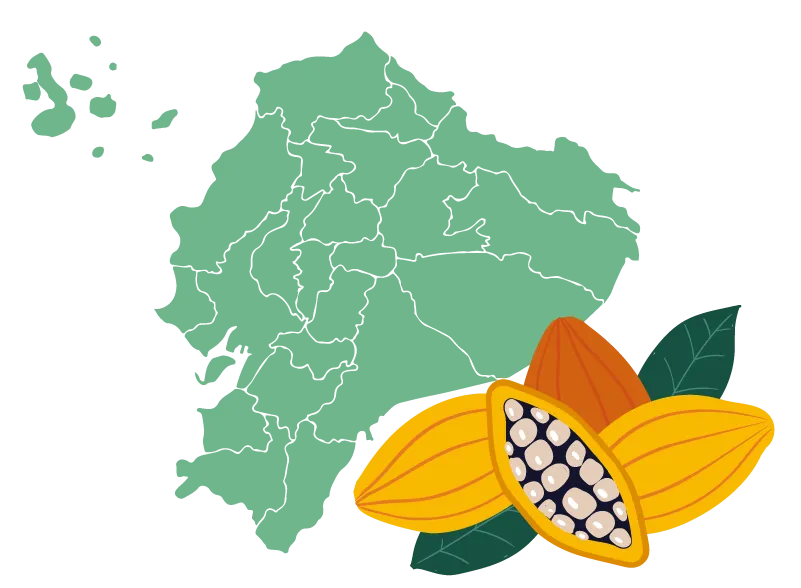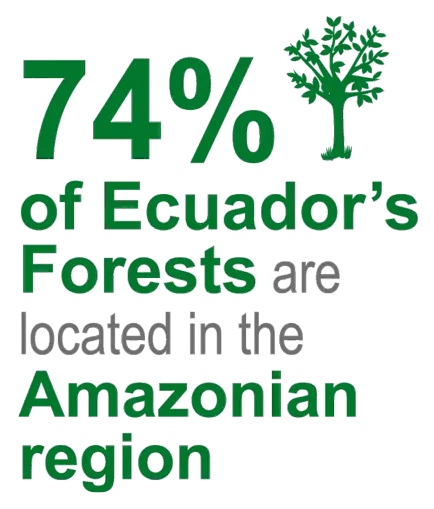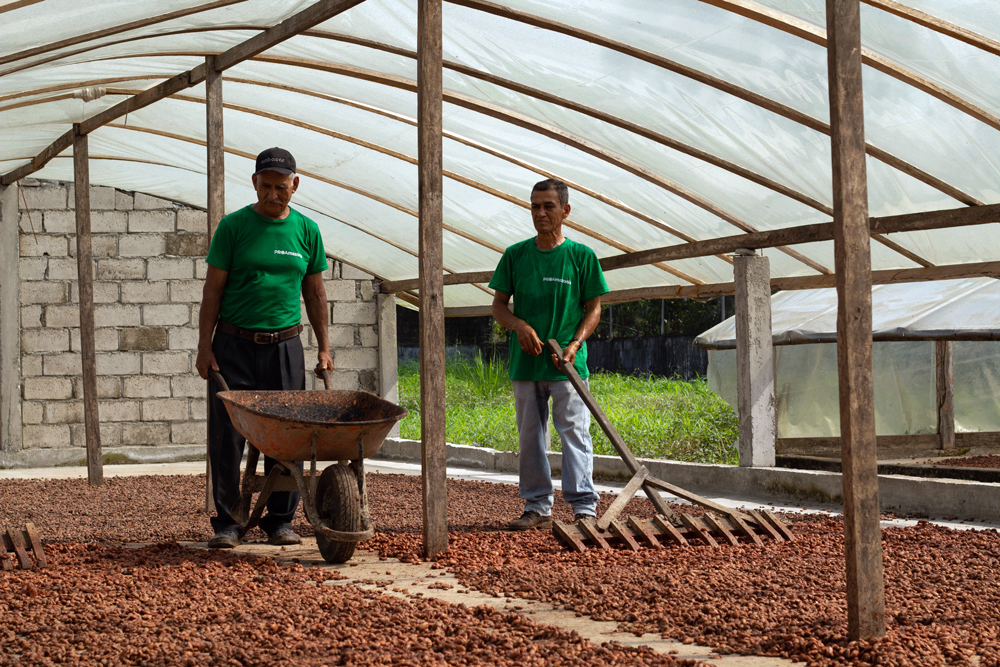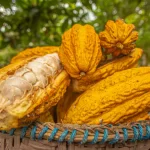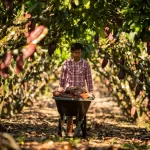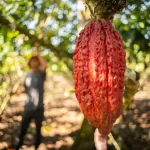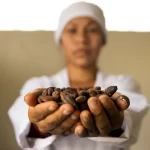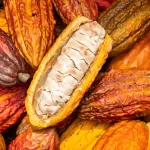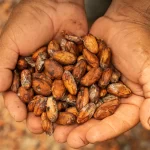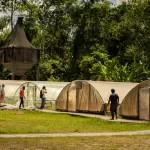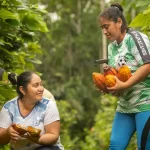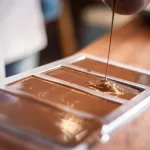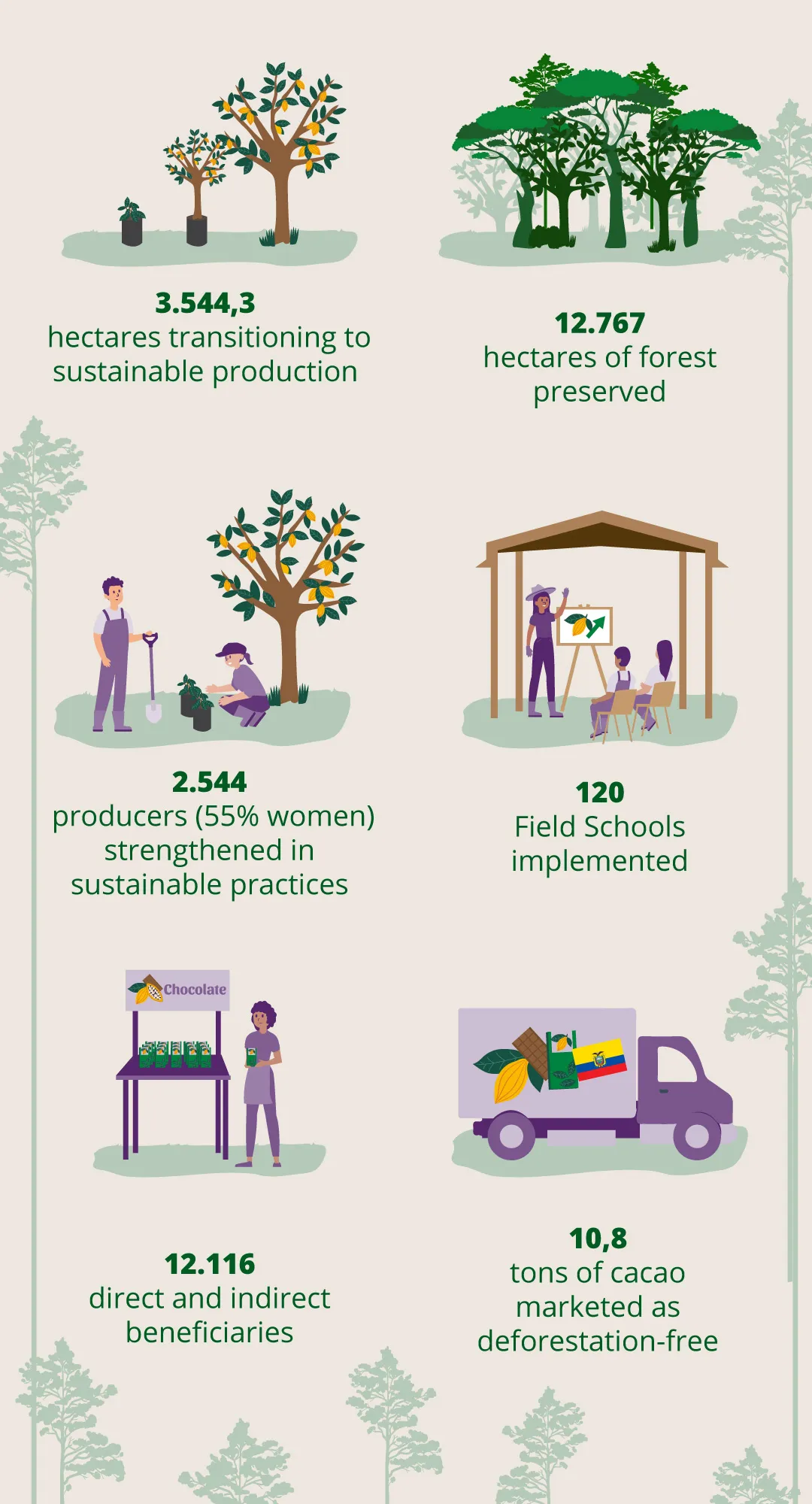Ecuador is the most biodiverse country per square kilometer in the world, with over half of its territory covered by native forests and a third declared as protected natural areas. Seventy-four percent -74%- of its forest area is located in the Amazon region, which also hosts eleven indigenous nationalities (Kichwa, Shuar, Achuar, Waorani, Sapara, Andwa, Shiwiar, Cofán, Siona, Siekopai, and Kijus), who live in and depend on the forests.
Additionally, Ecuador is a pioneer country in the fight against deforestation and forest degradation, implementing public policies with concrete results to transform traditional agricultural activities into sustainable agro-productive systems while preserving economic, social, cultural, and environmental priorities.
 Español
Español English
English

